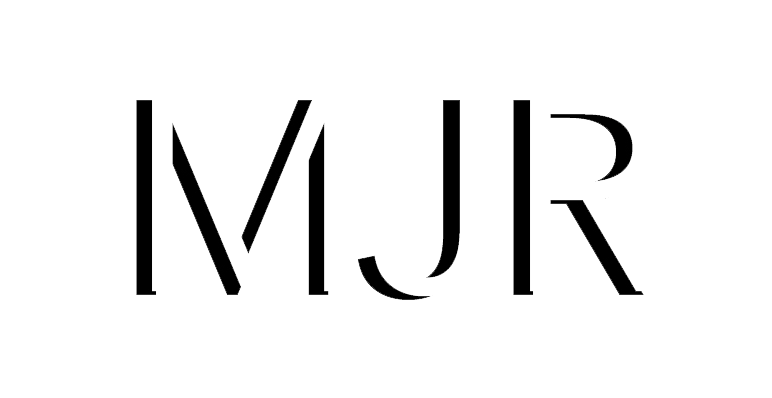My thanks to Daily Gaelic - Gàidhlig Gach Latha for a little season's cheer this year in the form of an emailed virtual advent calendar. There's something thoroughly enjoyable about an advent calendar, about the anticipation, the mystery, the big reveal. It's about unwrapping a present.
Edinburgh, Scotland gripped in the icy embrace of Cailleach Bhèara, the Hag of Winter!
[Cue pivot chord modulation]
Orthography can be a bit like unwrapping a present. (See what I did there? :)) And sometimes that present seems to have been bound together with layers and layers of duct tape! The relationship between written letters and spoken sounds is not always straightforward even in English, and the rules of the game in other languages has the ability to cause quite a bit of consternation. Scottish Gaelic is notoriously baffling to the neophyte, owing largely to the fact that 18 letters are used to make some 60+ sounds (depending on how you count).
I found the particular Gaelic advent gift particularly challenging and therefore all the more satisfying after unwrapping; I opened the virtual door to find these words: "Teóclaid teth". Here was my process in unwrapping just the first word.
- The "t" is next to a slender vowel "e" which means that it is pronounced like "tch" [tʃʰ].
- Because there's an accent over the "ó" the "e" is silent and we get a nice long "o" sound [o:].
- The "c" is hard [kʰ].
- The "l" is beleaguered by broad vowels on either side "ó...a" so it is technically a velarized alveolar lateral approximant, aka a sort of throaty "l" [ɫ] like in "Allah".
- The "a" is silent as it's only there to satisfactorily surround the "l" with broad vowels.
- As the vowel of an unstressed syllable, the "i" is a short, humble, little "i" like in "fish".
- The "d" is next to a slender vowel "i" which means that it is pronounced like the end of "fridge" [ʤ].
Put that all together and you get something like this [tʃʰo: kʰɫiʤ] or (since IPA tends to be just as confusing as Gaelic) approximately "tcho-klidge".
Now repeat it a few times.
"tcho-klidge"
"tcho-klidge"
"tcho-klidge"
...
Still need a hint? Look at this picture:
Photo credit: me. My wife enjoying a cup of Hot...
Chocolate!
Add "teth" ([tʃʰɛ:] or "tcheh") to the end and you've got "teóclaid teth" or "hot chocolate". I think there's something so satisfying about deciphering this mystery word. I found myself immersed in the raw musicality of the Gaelic language, riding the waves of half-understood orthographic rules, and found myself surprised by the recognition of the familiar in the midst of the strange.
In the midst of an all-too familiar holiday season, perhaps we could remember to accept the traditional as well as the unexpected. And we could have more hot cocoa! :)


